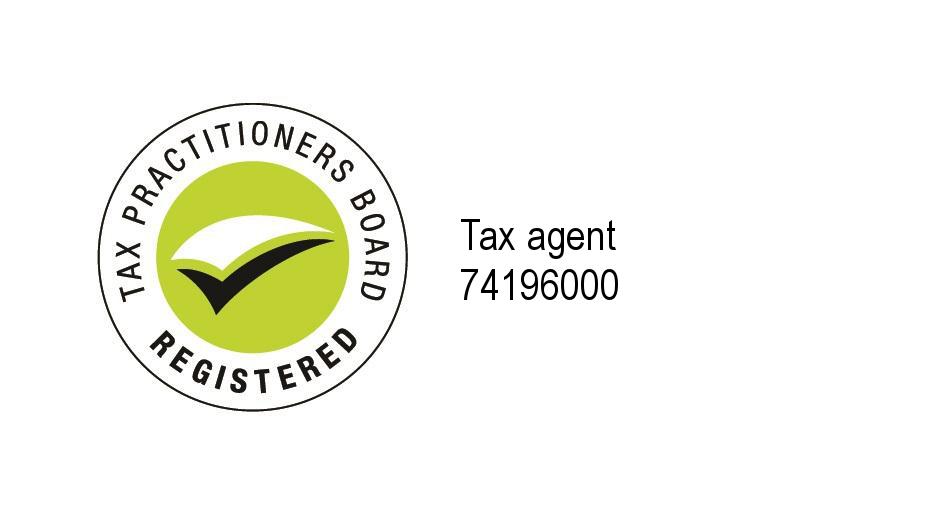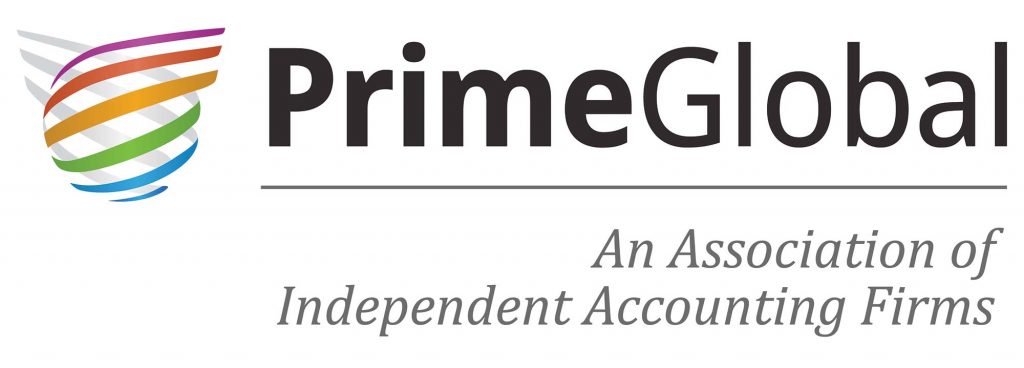Vacant residential land tax – act now or get a bill from the SRO
Are you an owner of more than one property? If so, you may receive an additional land tax bill from the SRO in 2025. This article highlights the changes to the vacancy residential land tax and when you property may be considered ‘vacant’.


